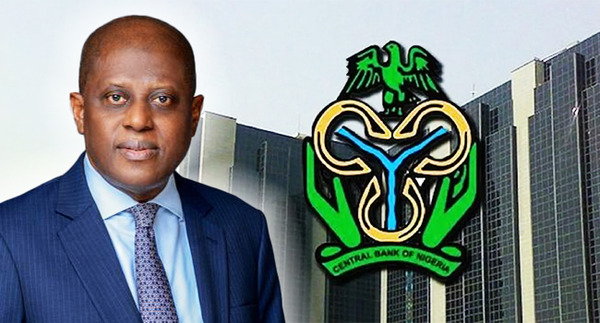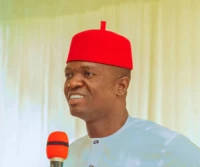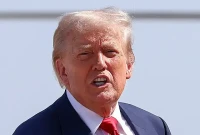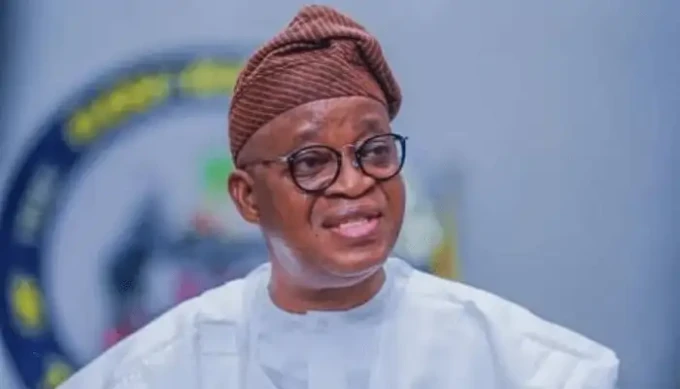The Central Bank of Nigeria (CBN) has revealed that approximately 28 million Nigerians, primarily in rural areas, lack access to banking services. This gap in financial inclusion disproportionately affects women, youth, rural communities, and Micro, Small, and Medium Enterprises (MSMEs), leaving large segments of the population unable to fully participate in the formal economy. The Deputy Governor for Financial System Stability, Philip Ikeazor, highlighted these concerns during the 2nd International Financial Inclusion Conference 2024, themed “Inclusive Growth—Harnessing Financial Inclusion for Economic Development,” which took place in Lagos.
According to Ikeazor, concerted efforts by the CBN and stakeholders over the past decade have yielded some progress. The financial exclusion rate has decreased from 46.3% in 2010 to 26% by last year, marking a substantial improvement. However, millions of Nigerians remain excluded from accessing formal financial services, which limits economic growth and development potential in the country.
Recapitalization: A Boost to Financial Inclusion
CBN Governor Olayemi Cardoso also spoke at the conference, emphasizing the critical role that bank recapitalization plays in expanding financial inclusion. Under the current recapitalization plan, initiated on April 1, 2024, and set to conclude by March 31, 2026, commercial banks in Nigeria are required to maintain minimum capital reserves of N500 billion, N200 billion, and N50 billion for banks with international, national, and regional licenses, respectively. According to Cardoso, this policy aims to strengthen the financial stability of banks, enabling them to take on greater risks by expanding services to underserved markets.
Cardoso explained that better-capitalized banks are more capable of extending credit to MSMEs, rural communities, and other vulnerable groups that have historically struggled to access formal financial services. He noted, “With stronger capital bases, banks can provide more loans and financial products to MSMEs, rural communities, and other vulnerable segments,” a move which he said would support job creation and stimulate economic productivity across Nigeria.
Technology and Innovation: Bridging the Gap
Cardoso stressed that bank recapitalization would also allow institutions to invest in critical technologies like mobile money and agent banking, which are essential for reaching remote and underserved areas. These digital financial services can reduce geographic and economic barriers, making it easier for individuals in rural areas to access banking without needing to travel long distances. The expansion of digital and mobile banking channels promises to connect more Nigerians to financial services, promoting a more inclusive economy.
New Initiatives for Targeted Inclusion
At the event, the CBN introduced several targeted initiatives aimed at expanding financial access to specific groups. These include the Women Financial Inclusion Dashboard, Women Entrepreneurs Finance Code, and a financial inclusion initiative for forcibly displaced persons. These initiatives reflect a recognition of the unique barriers faced by women, vulnerable populations, and displaced individuals, and they represent a commitment to empowering these groups within Nigeria’s financial system.
The CBN’s approach to financial inclusion is not just about providing access to banking; it’s about fostering economic empowerment. By enabling more Nigerians to participate in the formal financial system, the CBN aims to unlock significant economic growth, particularly through the empowerment of SMEs, women, and other underserved groups.










I think CBNs focus on the unbanked is great, but shouldnt they also address corruption in the banking sector first?
I dont buy it. The focus should be on educating the unbanked, not just giving them access. Lets prioritize financial literacy.
I think CBN should focus on more pressing issues than trying to bank the unbanked. What about the economy?
Banking the unbanked is crucial for inclusive economic growth. Its not an either/or situation.
I think CBN should focus on improving existing bank services rather than reaching out to unbanked Nigerians. Priorities, people!
I dont buy it! Financial inclusion is just a buzzword. What about addressing poverty and corruption first? Priorities, people!
I think CBNs focus on financial inclusion is great, but what about those who prefer traditional ways of saving money?
I think CBNs focus on financial inclusion is great, but what about addressing corruption in the banking sector first?
I dont get why CBN is focusing on the unbanked when they should be fixing existing banking issues first.
I believe financial inclusion is great, but what about the unbanked who prefer traditional methods? Should we force everyone into the digital age?
I think the focus should be on educating the unbanked about financial literacy, not just pushing for more accounts.
I believe CBNs efforts are commendable, but are they truly reaching the most marginalized communities? Lets delve deeper.
I dont get why CBN is so focused on the unbanked when there are other pressing issues in Nigeria. Priorities, people!
I think CBNs initiative is great, but will it really reach all 28 million unbanked Nigerians? Lets hope for the best!
Im not convinced that CBNs push for financial inclusion will actually benefit the 28 million unbanked Nigerians. Whats the real impact here?
I think CBNs initiative is great, but will it really reach all 28 million unbanked Nigerians? Lets discuss!
Do you think CBNs efforts will truly make a difference for the unbanked in Nigeria, or is it just a temporary fix? Lets discuss!
I think CBNs initiative is great, but will it really make a significant impact on the unbanked population in Nigeria? Lets discuss!